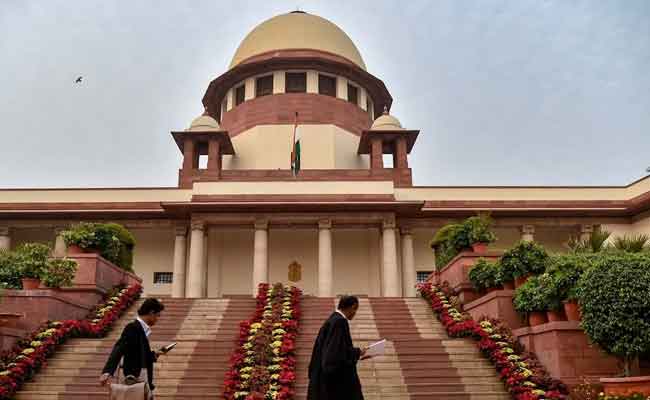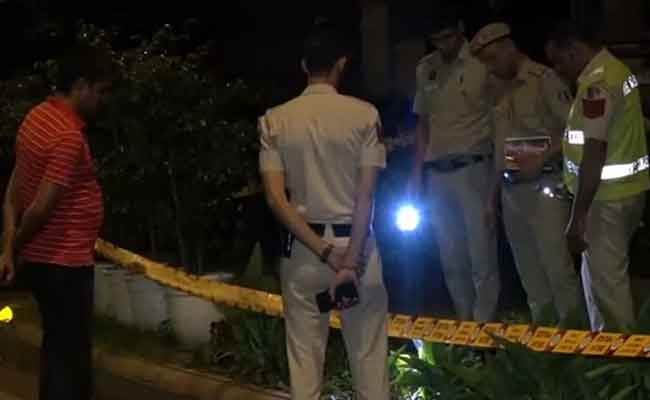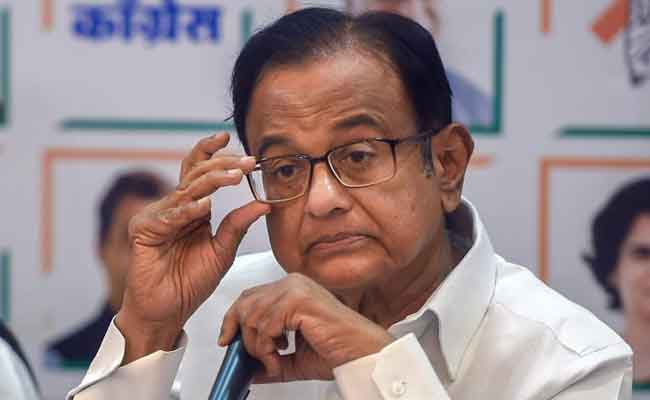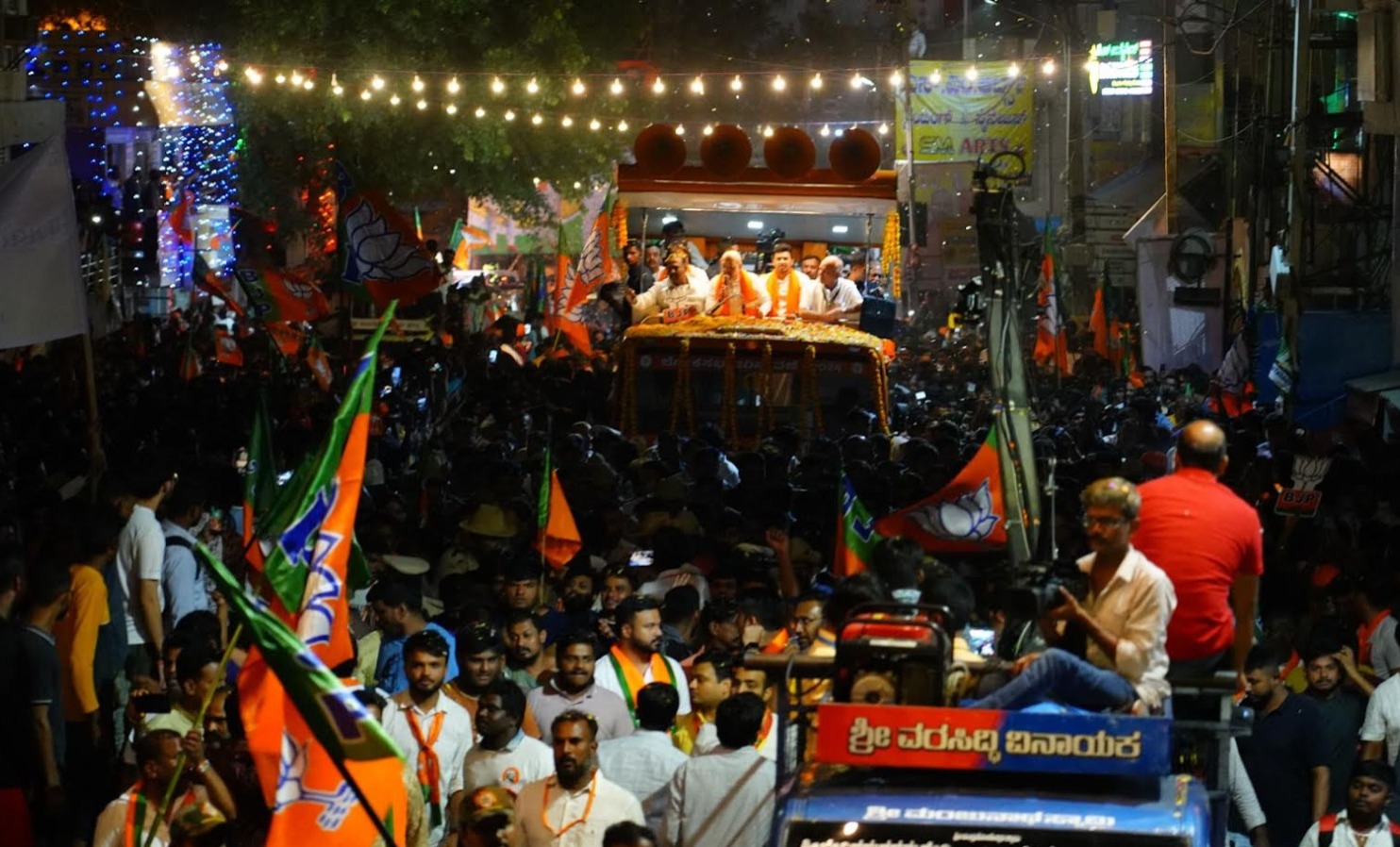Guwahati, Dec 3: About 68 per cent people in India are protein deficient, while 71 per cent have poor muscle health, a recent survey has pointed out.
Citing reports, experts on Monday said 84 per cent of Indian vegetarian and 65 per cent of non-vegetarian diets are protein deficient.
"According to our latest survey with IPSOS, a leading global market and opinion research firm, around 68 per cent of people have lower protein content in their body than adequate and 71 per cent of the people have poor muscle health," InBody Clinical Executive Dr Ankita Ghag said in a statement.
The findings stated a correlation between poor muscle health and protein deficiency in India which needs to be addressed, she added.
"We believe there is a need to build awareness about the importance of muscle health amongst Indians and find appropriate solutions," Ghag said.
Referring to a Indian Market Research Bureau (IMRB) study in 2017, nutritionist Kavita Devgan said 84 per cent of Indian vegetarian and 65 per cent of non-vegetarian diets are protein deficient.
"This (the study) concluded people are not getting enough protein from their daily diets and to maintain good muscle health, the body needs between 10 and 14 additional grams of protein per day," she said.
"So in this situation, protein supplements, which come with hydrolyzed proteins, could be a very helpful resource to fulfill daily protein intakes," she added.
Expressing similar views, head of Danone, a French multinational food-products corporation, nutrition science and medical affairs, Nandan Joshi said protein is the most misunderstood nutrient with a lot of fallacies around it like it is only for body builders or the belief that our daily diets have sufficient protein.
"To compound the situation, not many people are aware about their daily protein requirements. Similarly, muscle health is often ignored since it is misunderstood as an area which is of relevance only to a sportsperson or a gym-goer. Not many Indians know about its overall impact on health and wellness," he added.
Good muscle health is not only a key for an active lifestyle, but also for carrying out daily physical activities to maintain a healthy life, Joshi said.
As per the Recommended Dietary Allowance (RDA) given by Indian Council of Medical Research (ICMR) for Indians, 0.8 to 1 gm protein per kg body weight per day is the requirement of a normal, sedentary person without any disease.
Let the Truth be known. If you read VB and like VB, please be a VB Supporter and Help us deliver the Truth to one and all.
New Delhi (PTI): The Supreme Court on Wednesday said the Constitution intended to bring about a "sense of social transformation" and it would be "dangerous" to say that the private property of an individual cannot be regarded as material resources of community and taken over by state authorities to subserve "common good".
The observations were made by a nine-judge bench headed by Chief Justice D Y Chandrachud, examining whether privately-owned resources can be considered "material resources of the community", when the counsel for parties including the Property Owners Association (POA) of Mumbai made vehement submissions that the private properties cannot be taken over by state authorities under the garb of constitutional schemes of Articles 39 (b) and 31 C of the Constitution.
The bench is considering the vexed legal question arising from the petitions whether private properties can be considered "material resources of the community" under Article 39 (b) of the Constitution, which is part of the Directive Principles of State Policy (DPSP).
"It may be a little extreme to suggest that 'material resources of the community' only means public resources and we do not have their origin in the private property of an individual. I will tell you why it would be dangerous to take that view.
"Take simple things like mines and even private forests. For instance, for us to say that the governmental policy will not apply to the private forests under Article 39 (b)... therefore keep the hands off. It will be extremely dangerous as a proposition," said the bench which also comprised justices Hrishikesh Roy, B V Nagarathna, Sudhanshu Dhulia, J B Pardiwala, Manoj Misra, Rajesh Bindal, Satish Chandra Sharma and Augustine George Masih.
Referring to social and other prevalent situations in the 1950s when the Constitution was made, the bench said, "The Constitution was intended to bring about social transformation and we cannot say that Article 39 (b) has no application once the property is privately held."
It said whether the Maharashtra law, empowering authorities to take over dilapidated buildings, was valid or not was a completely different issue and would be decided independently.
The bench asked can it be said Article 39 (b) will have no application once properties are privately held ones because the society demands welfare measures and there was a need for redistribution of wealth as well.
The CJI referred to the abolition of 'Zamindari' and the purely capitalist concept of property also and said it attributed a sense of "exclusiveness" to property.
"The socialist concept of property is the mirror image which attributes to property, a notion of commonality. Nothing is exclusive to the individual. All property is common to the community. That's the extreme socialist view," the CJI said, adding that the DPSPs have their foundation in the Gandhian ethos.
"And what is that ethos? Our ethos regards property as something which we hold in trust. We don't go as far as to adopt the socialistic model that there is no private property...
"But, you know, our concept of property has undergone a very different, very subtle change from either the extreme capitalist perspective or the extreme socialist perspective," Justice Chandrachud said.
He said we regard property as something of holding in trust.
"We hold the property because for the succeeding generations in the family, but broadly, we also hold that property in trust for the wider community. That's the whole concept of sustainable development.
"That property which we have today, as today's generation, we hold in trust for the future of our society. That's what you call an inter-generational equity," the bench said.
It also observed that there was no need to distribute private properties, which have been considered as material resources of the community and gave the instance of nationalisation of private assets.
"You must understand that Article 39 (b) has been crafted in a certain way in the Constitution because the Constitution was intended to bring about a social transformation. We shouldn't therefore go that far to say that the moment private property is private property, the Article 39 (b) will have no application," the CJI said.
The bench also said it will also deal with the issue pertaining to Article 31 C which grants immunity to laws meant to protect DPSP. The observation was opposed by Solicitor General Tushar Mehta saying that it was not referred to.
Mehta said though the issue of Article 31 C was not referred to the nine-judge bench, but, he will assist it.
The arguments remained inconclusive and would resume on Thursday.
Article 39 (b) makes it obligatory for the State to create policy towards securing "that the ownership and control of the material resources of the community are so distributed as best to subserve the common good".
As many as 16 petitions including the lead petition filed by the Mumbai-based POA was heard by the bench. The lead plea was filed by POA way back in 1992 and it was referred thrice to larger benches of five and seven judges before being referred to a nine-judge bench on February 20, 2002.





